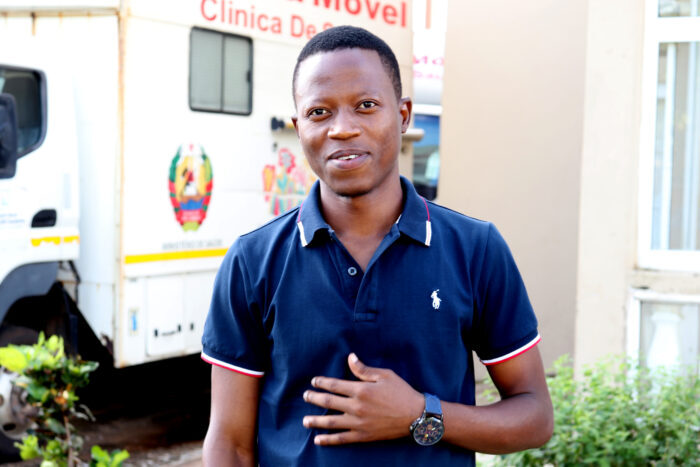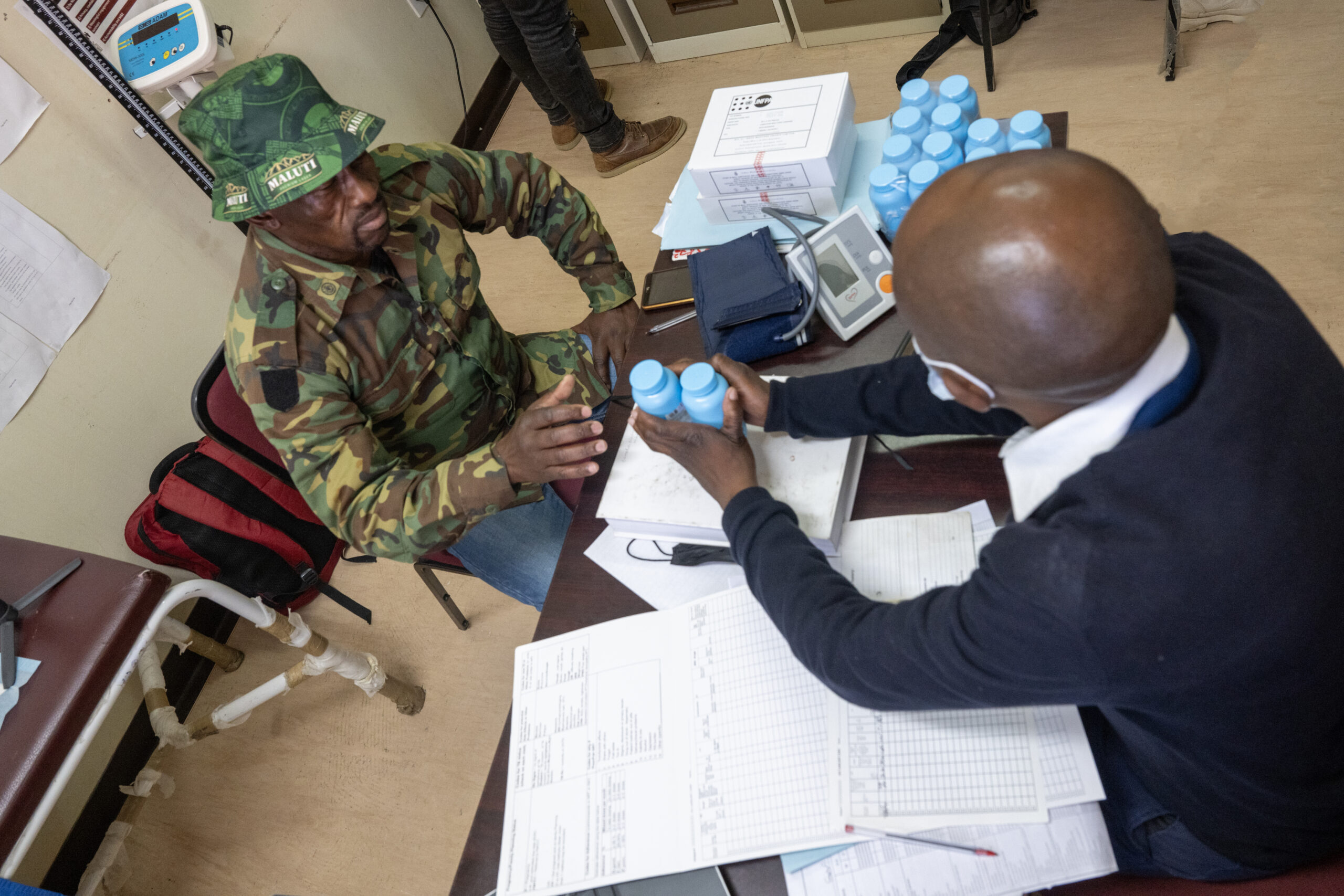Men generally lag behind women when it comes to uptake of health care. This has been a significant hurdle when it comes to treating and containing infectious diseases like HIV—not to mention overall family health as boys age into men. A group of young people in Mozambique are stepping up to change this reality.
The Elizabeth Glaser Pediatric AIDS Foundation (EGPAF) has partnered with Provincial Health Services and the Provincial Health Directorate of Gaza Province to help boys and men seek and receive health services. Working from new male engagement guidelines, the partners aim to reach men in their communities, in their workplaces, and at health facilities through adolescent young mentors (who might be either male or female), male champions, and health providers.
In late 2022, the partners held training sessions with these key influencers to support the literacy of adolescents and youth (AY) and men through lectures, dialogues, and support groups. These interventions intend to spark greater engagement with sexual and reproductive health services, such as HIV counseling and testing; use of pre-exposure prophylaxis (PrEP) to prevent HIV transmission; and family planning services to prevent early pregnancy and child marriage.
These mentors and champions were also trained to identify reasons why young people living with HIV may not be adhering to their antiretroviral medication (ARVs) and may not be suppressing their HIV viral load. Along with peer-to-peer education, these influencers were encouraged to relate their own experience when it comes to HIV and reproductive health services.
“What struck me the most was the material around the rights and duties of people with HIV,” says Palmira Maibasse, 24, an adolescent young mentor. At the training session, Palmira committed to use the training to help other young people in her neighborhood who are living with HIV to take their ARVs.
Bento Sitoe, 27, a new male champion, said that he was most impressed by advice on how to engage with people living with HIV. “But I also learned that when we go to the community we shouldn’t just talk about HIV.”

“This training helped because it gave us tools to engage with teenagers,” said Elves Marcelino, a 22-year-old male champion from Xai-Xai. “It’s difficult to work with teenagers because it’s a transition phase, especially in their mood. We found some that do not speak and others that are nervous. Some collaborate and others do not. After returning to my [position in the community], I will use my experience to help others.”




